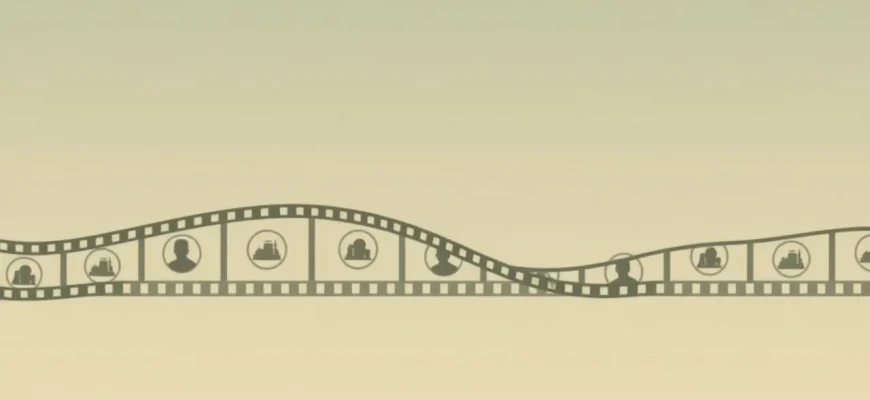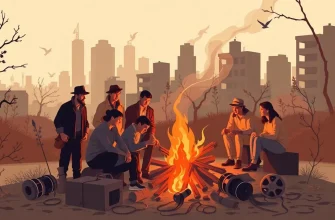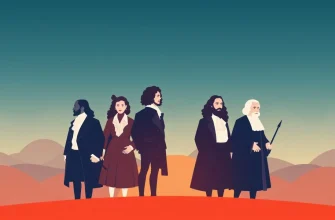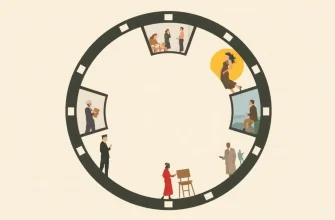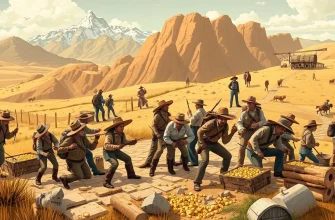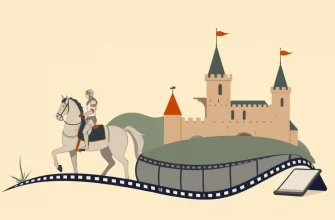Embark on a cinematic journey through time with our curated selection of biopics that delve into the complex and often controversial history of colonization. These films not only entertain but also educate, shedding light on the personal stories behind the grand historical narratives. From tales of exploration to the harsh realities of colonial rule, these movies provide a rich tapestry of human experiences, making them invaluable for anyone interested in history, culture, and the human spirit.

The Man Who Would Be King (1975)
Description: Based on Rudyard Kipling's story, this film follows two British adventurers in colonial India who attempt to establish their own kingdom, reflecting on the ambitions and follies of colonial rule.
Fact: The film was shot in Morocco, which stood in for the fictional Kafiristan, and features a memorable performance by Sean Connery.
 Watch Now
Watch Now 
The Mission (1986)
Description: Set in 18th-century South America, this film tells the story of Jesuit missionaries who attempt to protect a native tribe from Portuguese slave traders, showcasing the moral dilemmas of colonization.
Fact: The film won the Palme d'Or at the Cannes Film Festival and features a powerful score by Ennio Morricone.
 Watch Now
Watch Now 
Black Robe (1991)
Description: This film follows a Jesuit priest on his journey to establish a mission in New France, offering a gritty and realistic portrayal of the cultural and physical challenges faced by early colonizers.
Fact: The film was shot in the harsh Canadian wilderness, providing an authentic backdrop to the story.
 Watch Now
Watch Now 
1492: Conquest of Paradise (1992)
Description: A grand epic that chronicles Christopher Columbus's voyage to the New World, highlighting the ambition, the discovery, and the subsequent colonization that followed his arrival in the Americas.
Fact: Ridley Scott, known for his historical epics, directed this film, and it was released to coincide with the 500th anniversary of Columbus's journey.
 Watch Now
Watch Now 
The Last of the Mohicans (1992)
Description: While not strictly a biopic, this adaptation of James Fenimore Cooper's novel captures the spirit of the French and Indian War, a pivotal moment in the colonization of North America.
Fact: The film's score, composed by Trevor Jones and Randy Edelman, was so popular that it was released as an album and became a bestseller.
 Watch Now
Watch Now 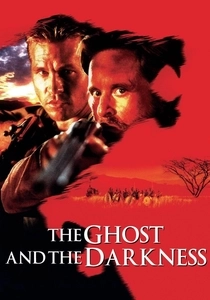
The Ghost and the Darkness (1996)
Description: Based on the true story of the Tsavo maneaters, this film explores the construction of the Uganda-Mombasa Railway, a key project in British East Africa's colonization.
Fact: The film uses real lions for some scenes, and the actual skulls of the maneaters are displayed in the Field Museum of Natural History in Chicago.
 Watch Now
Watch Now 
The New World (2005)
Description: This film explores the early days of the Jamestown settlement in Virginia, focusing on the relationship between Captain John Smith and Pocahontas, offering a nuanced look at the clash of cultures during colonization.
Fact: The film was shot in chronological order to capture the natural aging of the characters, and it features a unique score by James Horner that blends traditional and modern elements.
 Watch Now
Watch Now 
The King's Speech (2010)
Description: While primarily about King George VI, this film touches on the broader context of the British Empire and its colonies during the 1930s and 1940s.
Fact: The film won four Academy Awards, including Best Picture, and was praised for its historical accuracy and performances.
 Watch Now
Watch Now 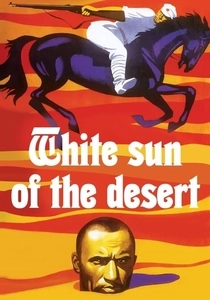
The White Sun of the Desert (1969)
Description: This Soviet film, although not strictly a biopic, captures the essence of Russian colonization in Central Asia through the adventures of a Red Army soldier in the 1920s.
Fact: It has become a cult classic in Russia, often quoted and referenced in popular culture.
 Watch Now
Watch Now 
The Wind That Shakes the Barley (2006)
Description: Set during the Irish War of Independence, this film explores the fight against British rule, reflecting on the broader theme of colonial resistance.
Fact: The film won the Palme d'Or at the Cannes Film Festival, highlighting its critical acclaim.
 30 Days Free
30 Days Free 
